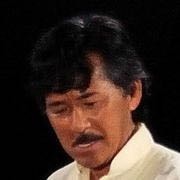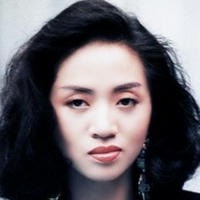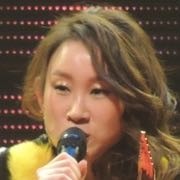Lo Ta-yu (simplified Chinese: 罗大佑; traditional Chinese: 羅大佑; pinyin: Luó Dàyòu; born 20 July 1954), also known as Luo Dayou and Law Tai-yau, is a Taiwanese singer and songwriter. During the 1980s, Lo became one of the most influential Mandopop singer-songwriters with his melodic lyrics and love songs, and his witty social and political commentary that he infused in his more political songs, often to the point that some of his songs were suppressed in Taiwan and Mainland China during the 1980s. He is recognized as a cultural icon in Taiwan, Hong Kong, and Mainland China.
Stylistically, Lo defies classification, though his contribution to the Taiwan campus folk song genre was most significant. His early music in particular shows strong folk roots, and many of his songs tap into native Taiwanese cultural influences. Some songs are reminiscent of 1950s American diner and soda shop rock, and others exhibit a 1970s lounge lizard growl. What captured the hearts of a generation, however, were his lyrics, touching on issues of life, attitudes, social responsibility, and the political problems of both Chinese Mainland and Taiwan with an underhandedly critical strain of dark humor. The lyrical style is not particularly artsy or complex, but rather conversational; the cleverness comes in the meaning, not how the words are put together.









